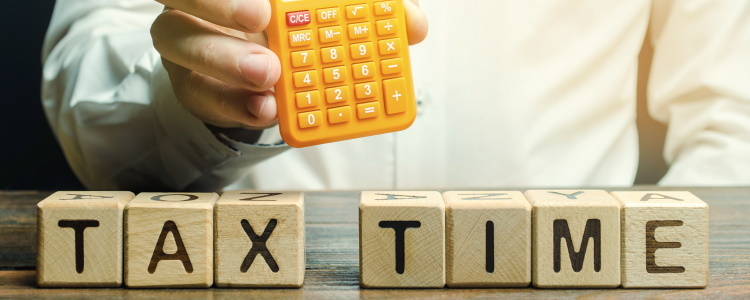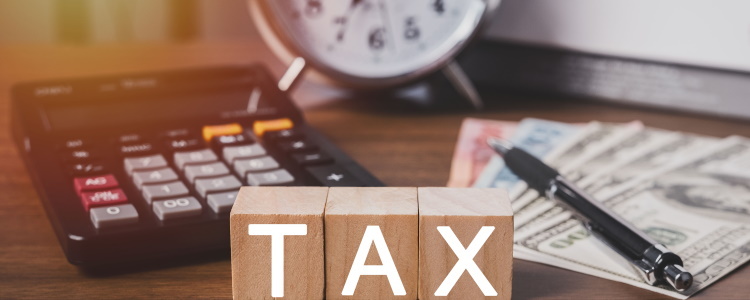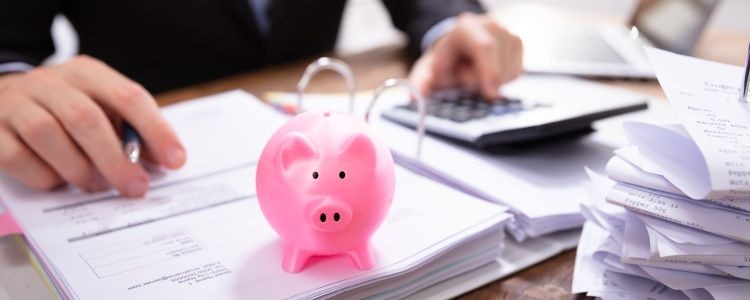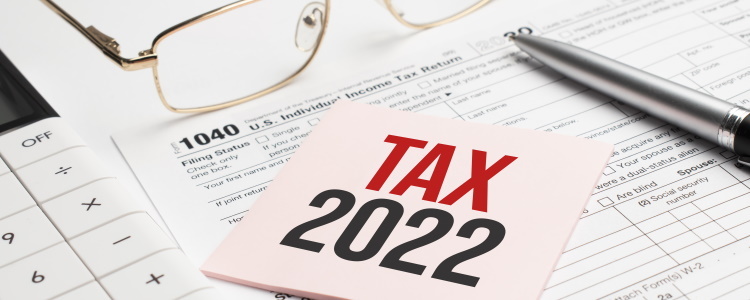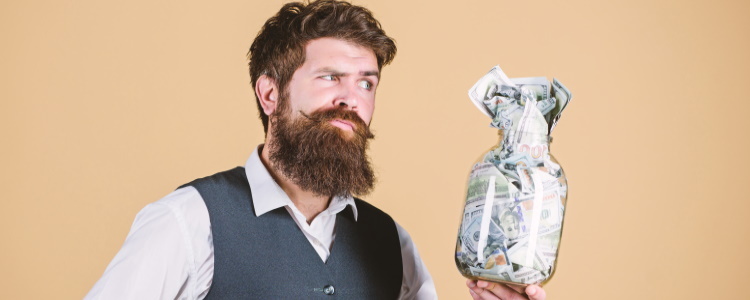The second round of stimulus checks are rolling out to the Americans that qualify. Like many people, you may be wondering what to do with the money. We’ve got a few suggestions on ways to use this windfall of cash to build your credit.
How Much Can I Get?
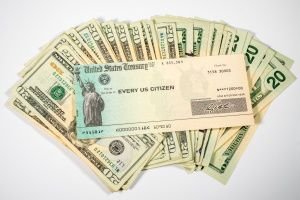 If you received the first round of stimulus checks, you likely qualify for the second round as well. The second stimulus check is less than the first go-around.
If you received the first round of stimulus checks, you likely qualify for the second round as well. The second stimulus check is less than the first go-around.
To qualify for the max amount, you need to have made less than $75,000 in 2019. If you’re married, you and your spouse's combined earnings must be less than $150,000 in 2019 to qualify.
For qualifying Americans, the maximum amount an individual can get is $600. Married couples can get a max of $1,200. If you have dependents, each child under 17 years old can get you another $600 – which is $100 more than last time. If you’re an adult and your parent(s) claimed you as a dependent on their tax return(s) in 2019, you unfortunately don’t qualify for the second round of stimulus checks, the same as the first time.
If your finances are in good shape (we hope!), and you qualify for the second stimulus check, you can use that cash wisely. While it’s certainly tempting to buy some new tech or that big TV, it may be a better idea to invest that $600 into something with lasting long-term effects, such as credit repair.
Repairing or improving your credit can save you money when you need to borrow credit. Most lenders assign interest rates on their loans and credit cards, and the better your credit score is, the lower rates you’re likely to qualify for. Your credit score is a large factor in determining your assigned rate, and your overall chances of qualifying for credit.
If your credit score isn’t great or your credit history is sparse, now may be the time to use that second stimulus check to boost that three-digit number that has so much weight on your borrowing and buying power.
Stimulate Your Credit Score
If you have poor credit, but this stimulus is a start-of-the-year bonus for you, consider spending it wisely in ways that can improve your credit:
- Pay down your credit card(s) – Christmas season was just upon us, and you may have racked up some credit card debt. Instead of paying it off slowly each month and stacking up interest charges, consider paying it down faster (or completely) with your stimulus check. Keeping your credit card balances below 30% of their spending limits is a great way to improve your credit score.
- Boost your savings – Do you have a large enough savings to cover three to four months of expenses? If you don’t, you’re alone, but it’s a good idea to have an emergency fund for unexpected circumstances, such as a job loss or medical emergency. If something were to happen and you were forced to skip a few bills, your credit score is likely to go down. You can also look for a savings account with a high APY (annual percentage rate) so you can passively build your savings too.
- Credit builder loan – Credit builder loans involve building a savings account with “payments,” but the payments are put into a savings account that you get at the end of the term. These loans and payments are reported to the credit bureaus, and as the name suggests, can help you build your credit score. These are offered at many credit unions and banks, and can be a great way for a new borrower to both build savings and credit.
- Secured credit card – Secured credit cards are different from unsecured credit cards in that you’re required to make a deposit, and that deposit determines your spending limit. If something were to happen with the balance, or you couldn’t repay it, your deposit can cover any balance. With a $600 stimulus check, you could make a deposit on a secured credit card and open a new line of credit. If you handle the credit card balance and payments well, it can improve your credit.
- Auto loan – Taking on a car loan can be a great way to improve your credit score, since they’re usually years long with many payments that can add a lot of positive history to your credit reports. If your credit score isn’t great, you’re likely to need a down payment to qualify for financing. With a $600 stimulus check, it can help you meet a down payment requirement. Most bad credit auto lenders require at least $1,000 or 10% of the vehicle’s selling price, and saving a large amount can be difficult, but the second stimulus check could help meet this stipulation get you on the road to a car loan that can repair your credit.
Credit Building Auto Loans
Down payments are often a big hurdle that first-time or poor credit borrowers have to meet to get into an auto loan. Windfalls of cash such as the stimulus checks and tax returns can be a great way to meet lender requirements.
Bringing money to the table is only one part of the equation – finding a lender that can assist with poor credit is another hurdle. But here at Auto Credit Express, we want to help with that!
We’ve created a nationwide network of dealerships that are signed up with subprime lenders. These lenders consider more than just your credit score, and want to look for a dealer that has these resources. Get started by filling out our free car loan request form, and we’ll look for a dealership in your local area with no obligation.

